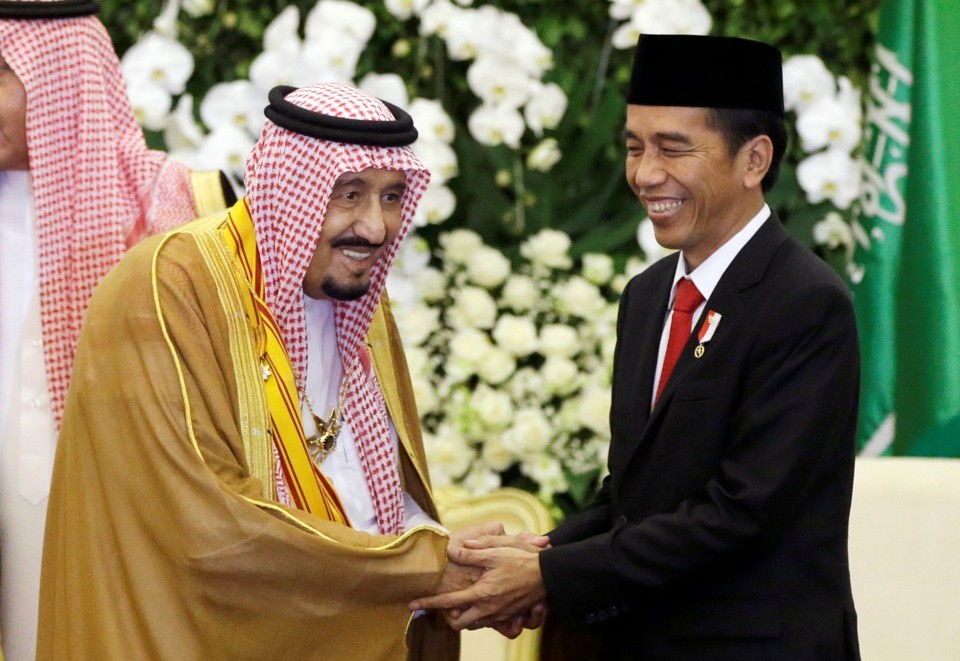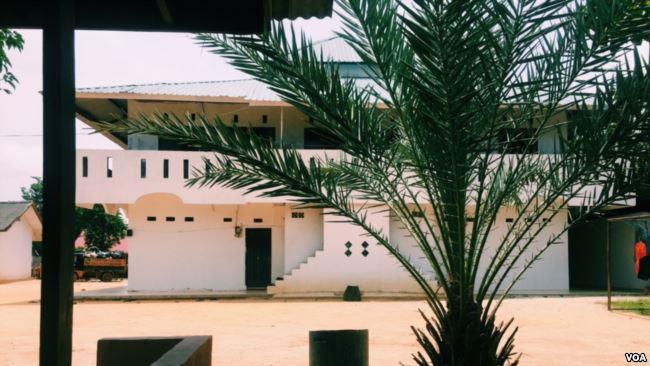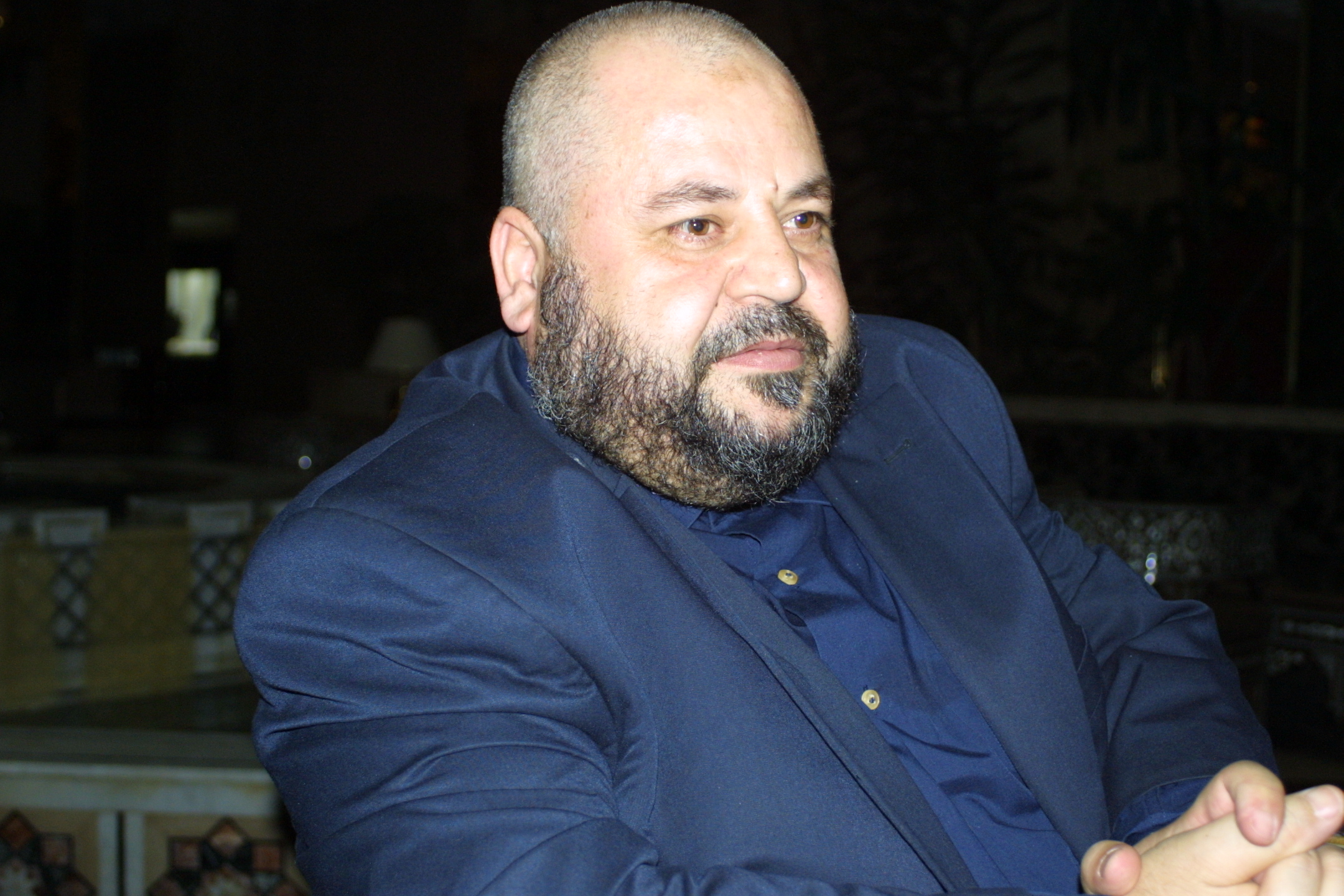
This project investigates how Saudi Arabia and Gulf countries have systematically spread Salafi Islam, an austere strain of Sunni Islam, in Indonesia and other Southeast Asian countries.
For several decades, but particularly since 1979, Saudi Arabia has built mosques, funded schools, provided scholarships, started media outlets, disseminated religious texts, and much more in an attempt to spread its version of the faith in the world's largest Muslim country.
The effects of these investments include stronger extremist groups, reactionary politicians, and religious hardliners; harsher blasphemy laws; and rising intolerance of minorities. Krithika Varagur has focused her reporting on three key questions: Where exactly do Gulf investments go within Indonesia and Southeast Asia? What are their present-day effects? And, what are the characteristics of the Salafi movement in this region?







